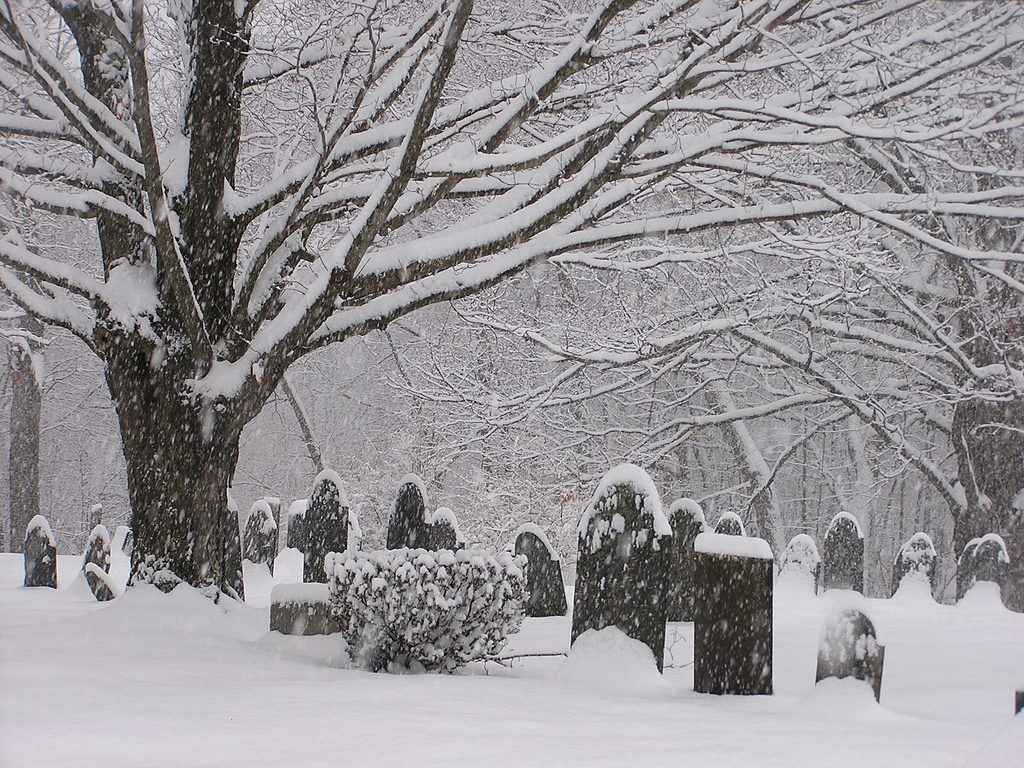January 6th has a quarter more deaths than the daily average, mostly because it tends to be so cold and miserable.
What it means: If you had this Sunday down as the perfect day to try out skydiving/parkour/bull running, you may want to think twice. Because according to the Office of National Statistics, more people in the UK will die at the end of this week than on any other day of the year.
Part of the reason is the weather, which tends to be cold and wet and gloomy. Bad weather makes people sick or makes people who are already sick (and whose immune system is therefore more vulnerable to cold, flu and other infections) sicker.
But another big reason is that it comes directly after the Christmas-New-Year festive period. Some research suggests that because lots of healthcare staff take time off for the holiday, there’s less support and care available for people who are physically and/or mentally unwell, which means more deaths. And mental health professionals say suicide rates spike in January, because it is a particularly difficult time for people struggling with stress, pressure and mental health issues. That’s due to things like the financial cost of Christmas, the surfacing of family dramas during the holidays, and the sadness of returning to work after time off celebrating.
There are ways policymakers could try to reversing January’s higher death-rates: such as putting more money into healthcare services, subsidising heating bills for poorer people, and offering more financial assistance to families struggling with providing the perfect Christmas. Of course, spending more public money on these things might mean less public money being spent elsewhere, say on defence or education - so society would have to decide which they wanted more.
Read our explainer on economic values.

